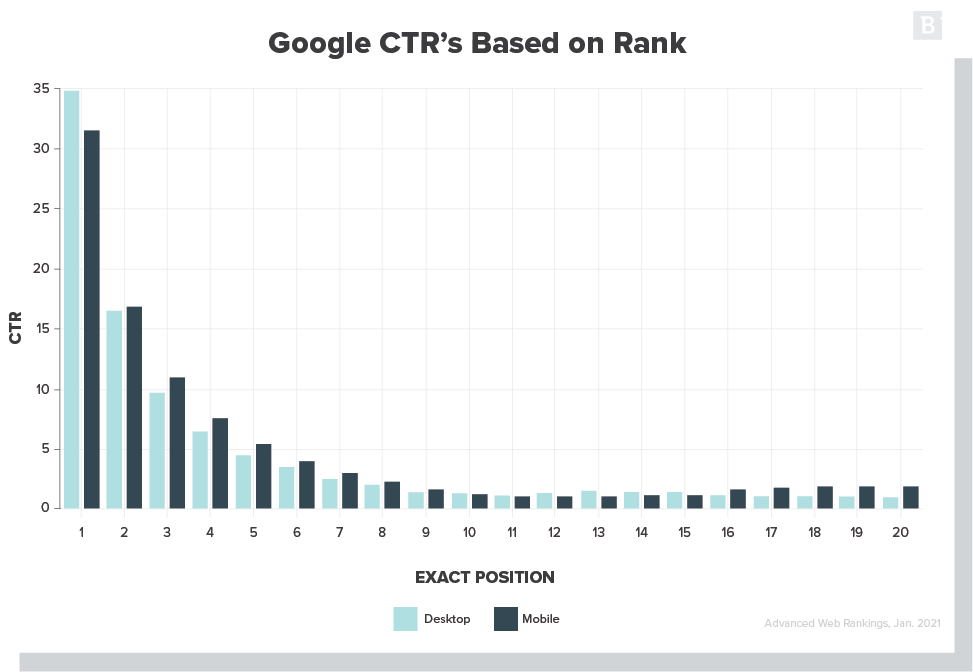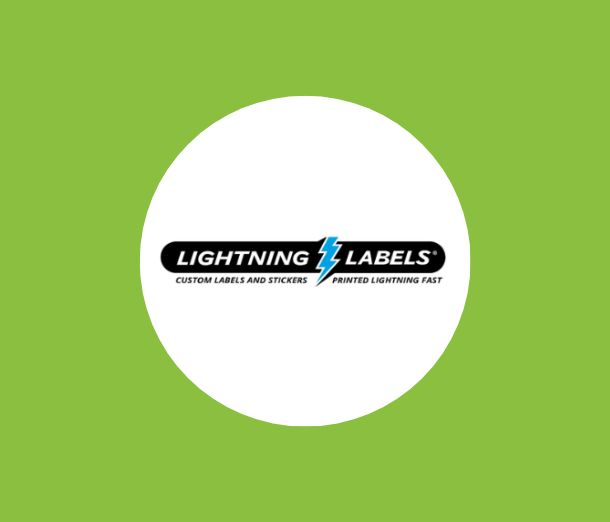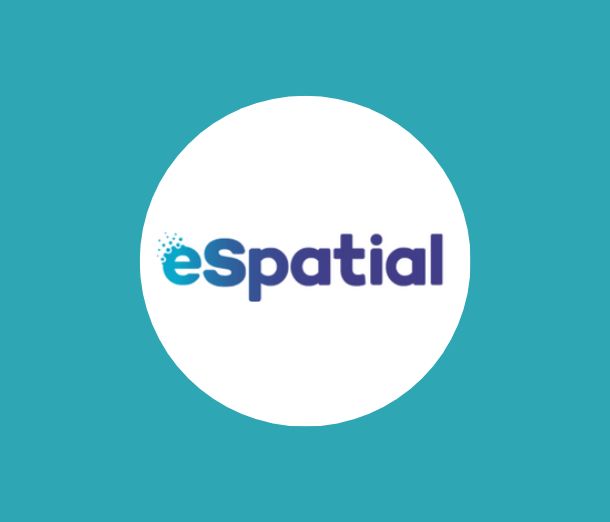Search Performance Brief
A supercharged content brief proven to elevate your content ranking and increase search visibility.
If you want your content to be on Page 1, the SPB is your roadmap to get there.
By entering your email address, you agree to receive emails from Brafton in accordance with our Privacy Policy.
You may unsubscribe from these communications at any time.

What Is a Search Performance Brief and How Does It Help Me?
A Search Performance Brief (SPB) is a data-driven content creation process that maximises the likelihood of ranking for target keywords and driving qualified traffic.
Our proprietary methodology for building them makes it simple for our expert writers to create incredibly comprehensive and high-performing content.
An SPB is for you if:
- You want to improve your organic search engine rankings for high-value keywords.
- You want to outrank competitors and reduce your spend on paid search ads.
- You want to re-optimizse existing content for a modern audience.
- You want to drive more qualified traffic to your product pages.
In short: An SPB is for any company that wants to enhance the performance of its content and maximise search success potential.
Are Page 1 Rankings Still Important?
Yes. So much yes.
83% of all clicks occur on Page 1. Anything on Page 2 (or after) is virtually invisible.
More specifically, about 60% of all clicks occur on the top 3 positions in SERPs. And with the rise of SERP features like Featured Snippets, knowledge graphs, video carousels, People Also Ask and more, quality Page 1 content is being crowded out.

To maintain and enhance your organic rankings and search visibility, you need to at least rank in the top 3; owning prominent SERP features is even better.
That’s what SPBs help you accomplish.
Does It Actually Work?
Absolutely, and consistently, too.
We’ve helped more than 200 clients achieve meaningful search rankings for thousands of keywords through this data-forward, scientific method of content creation.
Here’s what some of those clients had to say:
Brafton Achieves Consistent YoY Increases in Blog Sessions for Lightning Labels
How We Helped eSpatial Get on Page 1 of Search Results
How We Helped Agile Education Marketing Boost Its MQL Close Rate by 108%
We use this method on our own site, too. The results we’ve seen?
Results for Brafton.com since implementing the SPB in 2018:
- 77% of product landing pages in the top 10 search results.
- 722% increase in total ranking keywords in domain.
- 688% increase in total site traffic.
How Are Search Performance Briefs Built?
SPBs are our scientific method for ranking highly in search,
and we have a specific process for building them for maximum performance.
Each brief includes:
In-Depth Keyword Research
Each SPB focuses on one specific high-value keyword. Beyond doing the upfront due diligence of analysing the keyword’s metrics, like search volume, difficulty and click-through rate, the brief also includes SERP analysis details and information about searcher intent. Further, the SPB makes it clear exactly why that keyword in particular will benefit your digital marketing strategy.
Specific Content Direction
Each SPB lists detailed questions that we know your readers will want answered when researching the topic at hand. Your professional writer will explain how they’ll answer those questions throughout the content. This serves as both a rough outline for the completed piece, and an opportunity for your team to address any concerns ahead of writing.
A Plan of Attack
Your SPB identifies the type of content being created (e.g. whether it’s a blog post or landing page and if the brief is for custom content or a copy refresh) and the purpose it serves in your overall marketing strategy. It also notes the content that you’ll compete against in SERPs. Finally, your Brafton team will keep you up-to-date with our streamlined position tracking capabilities so you’ll know when your content really starts driving results.
In short, our SBPs contain everything you need to produce content that truly works for your brand.
Do Search Performance Briefs Work for Every Type of Content?
Since on-page text and HTML are the primary ways Google crawls and indexes webpages, SPBs are ideal for all crawlable web content.
What Is ‘Crawlable Content’?
Crawlable content refers to on-site text and HTML that search engine crawlers (AKA spiders or bots) are able to parse. This is the only way Google and other search engines know your content exists and what it’s about, enabling the algorithm to generate the most helpful SERP for searchers.
SPBs also contain relevant data that serves goals beyond just organic search rankings, so even content that’s not built for search can be integrated into the SPB process. With an SPB, you can better understand:
The ideal length
of your content.
The topics and
subtopics to
cover in detail.
The keywords
and keyphrases
that most often
accompany your
topic.
Prime backlink
opportunities.
Questions your
reader wants
answered.
How to make
content more
authoritative
relative to
competitors.
Relevant asset-
specific KPIs to
measure.
How Long Does It Take to See Results?
In some cases, you can see results almost immediately after republishing a piece of content and requesting Google to re-index it.
When you’ll see results from SPB-created content depends on many factors, including the type of content being created, whether it’s brand-new or an update, Google’s swiftness in re-indexing your content after the request and more.
In general, results from content marketing can take at least six months, and 100 days for new content to fully “mature,” meaning Google has decided where in the SERP your content belongs.



